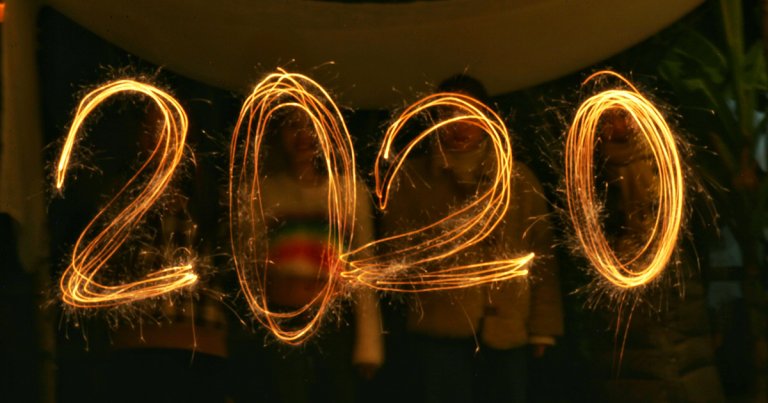 Crypto newsmakers and journalists need to get on the same page in 2020
Crypto newsmakers and journalists need to get on the same page in 2020 Crypto newsmakers and journalists need to get on the same page in 2020

Cover art/illustration via CryptoSlate. Image includes combined content which may include AI-generated content.
Cryptocurrency predictions for 2020 are well underway, which means there is no better time to refresh and set some new year’s resolutions. In 2019 when Facebook unveiled its plans to launch Libra, it set leaders in the blockchain and cryptocurrency industry a new challenge to educate and inform the world about the truth of this technology. Talented and knowledgeable as they may be, this task is impossible without the help of journalists.
Both crypto newsmakers and journalists needed to work together to explain what Facebook’s new project would mean for the world, delving into how it might not entirely fulfill the full potential of blockchain technology while also addressing privacy issues that regulators were quick to comment on and much more.
This is hard to do when both sides do not often see eye-to-eye. But if this industry is going to thrive in 2020, crypto newsmakers and journalists need to communicate and form stronger relationships to boost everyone’s knowledge and understanding of this fast-evolving technology.
Boosting the media’s knowledge results in more accurate reporting
Truth and accuracy are the two core principles of journalism. Given that 2019 was filled with major industry-shaping developments in blockchain and cryptocurrency, from the rise of the decentralised finance (DeFi) ecosystem, to stablecoins and central banks like China making plans to issue their own digital currency, it is no surprise that upholding a high standard of factual reporting can be tough.
When we think about the volume of information and knowledge those who work within the industry are taking in, can you imagine how many different topics in a week reporters have to wrap their heads around?
Even the growing PR team at YAP Global and I find it challenging to heavily research topics such as Decentralised Autonomous Organisations (DAOs), or algorithmic stablecoins and be well versed in them before working on the next big announcement for our clients.
But what if more industry leaders took time out of their week to have a catch up with a journalist with the sole purpose of informing and educating them on what they are currently working on?
A deeper connection between key experts on topics such as open-lending protocols or decentralized prediction markets could prevent unintentional misinformation and help journalists get things right.
Good journalism means its fair game
Fairness and impartiality are other important core principles of journalism that need to be upheld as the blockchain and cryptocurrency industry develops. While no one story can be said to be truly objective, it is necessary for journalists to strive for it.
This involves presenting two sides to the story and a balanced account of what has or is happening. It is a journalist’s job to report the facts and hold those in power accountable for their actions.
And yes, this means that not all stories are going to be positive. If words have been spoken on the record, then it is not retractable. Understanding this would prevent many conflicts and disagreements from occurring between blockchain and cryptocurrency companies.
Industry leaders need to accept the fact that factual reporting is a fair game and that a dose of healthy press – both positive and negative – is good for the growth of the industry.
More off-the-record chats in 2020, please
As PR representatives we’re often communicating between the media and our clients. However, genuine relationships do not need middlemen. We strongly encourage our clients to build their own independent relationships with reporters and leave them to connect after an introduction.
Speaking from experience, regular and transparent communication in the form of “off the record chats” with journalists can solve many problems or misunderstandings that arise amidst volatile news cycles in this industry.
We’ve seen the quality of reporting and general understanding of a story significantly improve once time is spent educating and informing journalists about our clients’ technology, products and services.
…
So, if you truly want to get your message across this year, set aside some time to grab a coffee with a new journalist or industry leader you haven’t met before. You never know where that relationship could take you.
For the media, it will make a big difference to the quality of your reporting and improve your overall understanding of what’s at play.
For the industry leaders, not only will journalists better understand what you’re doing but your potential clients, investors and customers will too, and ultimately it is this clarity that will help you achieve your business objectives this year.



















































